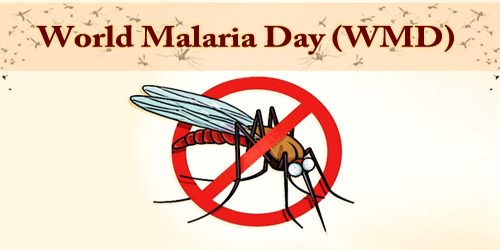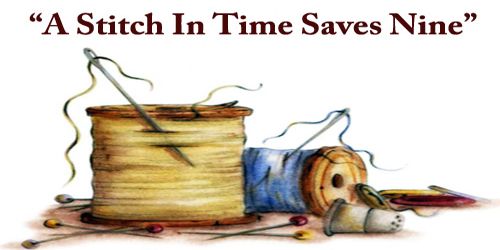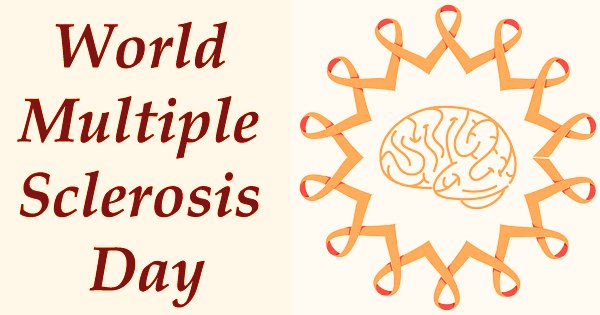World Malaria Day (WMD) is an annual global event to raise awareness of Malaria and funds for the treatment and prevention of malaria. It is an international observance commemorated every year on 25th April and recognizes global efforts to control malaria. Globally, 3.3 billion people in 106 countries are at risk of malaria. In 2012, malaria caused an estimated 627,000 deaths, mostly among African children. Asia, Latin America, and to a lesser extent the Middle East and parts of Europe are also affected. The day was first held in 2008, developed from Africa Malaria Day, an event that had been observed since 2001 by African governments. The observance served as a time to assess progress toward goals aimed at controlling malaria and reducing its mortality in African countries.
Between 2000 and 2014, the number of malaria-related deaths fell by 40% worldwide, from an estimated 743 000 to 446 000. According to the most recent World Malaria Report, the global tally of malaria reached 429,000 malaria deaths and 212 million new cases in 2015. But in recent years, progress has ground to a standstill. According to WHO’s World malaria report 2019, there were no global gains in reducing new infections over the period 2014 to 2018. And nearly as many people died from malaria in 2018 as the year before. Malaria exists in more than 100 countries worldwide, and some 900,000 people die from the disease each year.
World Malaria Day (WMD) is one of eight official global public health campaigns currently marked by the World Health Organization (WHO), along with World Health Day, World Blood Donor Day, World Immunization Week, World Tuberculosis Day, World No Tobacco Day, World Hepatitis Day and World AIDS Day. The day (WMD) works to highlight the need for better political intervention in malaria control and prevention. The day also marks the continuing great achievements in the fight against Malaria. World Malaria Day also provides health organizations and scientists with an opportunity to communicate information about the disease and about current research efforts to the public. This is accomplished through public educational programs, charity events, and other community activities. WMD allows for corporations (such as ExxonMobil), multinational organizations (such as Malaria No More), and grassroots organizations (such as Mosquitoes Suck Tour) globally to work together to bring awareness to malaria and advocate for policy changes. The “Zero malaria” campaign engages all members of society: political leaders who control government policy decisions and budgets; private sector companies that will benefit from a malaria-free workforce; and communities affected by malaria, whose buy-in and ownership of malaria control interventions is critical to success.
















